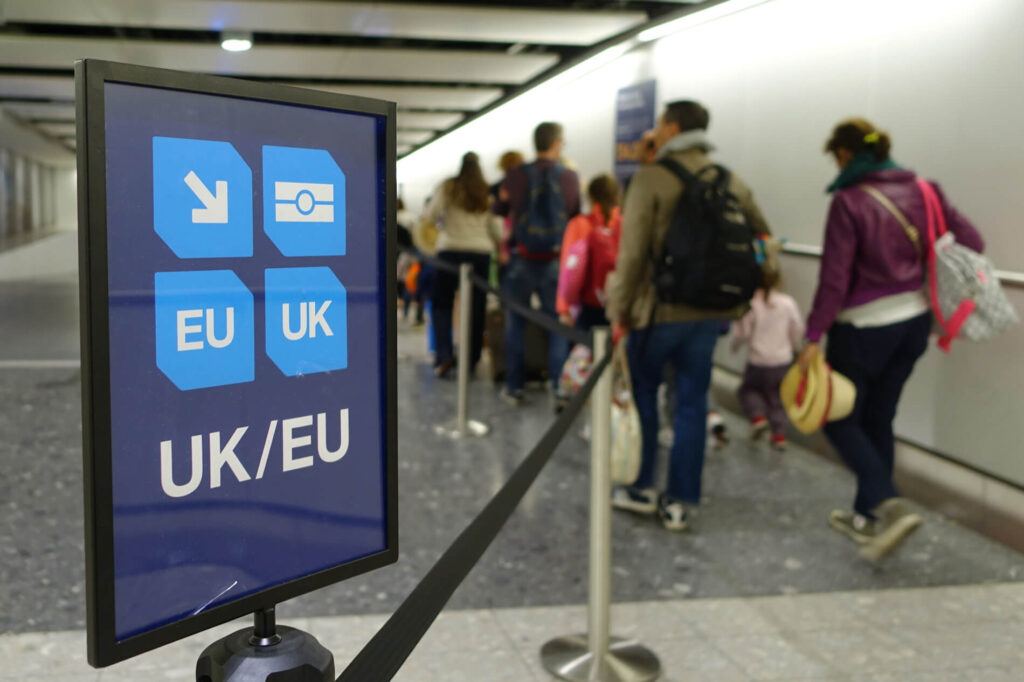The aviation industry is subject to change as the new Brexit trading rules come into force on January 1, 2021.
Airlines
On December 24, 2020, the EU and the UK came to a last-minute agreement on trading relationships, avoiding the no-deal scenario. The agreement would ensure direct air connectivity between the two parties.
While the negotiations about the details of the deal are still ongoing, the airlines have been preparing for various possible outcomes. For example, the low-cost carrier Ryanair has secured a UK operating license and established a subsidiary airline with a British Air Operators Certificate (AOC) – Ryanair UK.
Hungary’s air carrier Wizz Air also obtained a UK operating license for the same reason. Meanwhile, the UK-based carrier easyJet has been granted an Austrian operating licence to ensure European flights in the region can continue and has transferred more than a third of its total aircraft (119 out of 322) to the Austria-based subsidiary.
On December 29, 2020, Ryanair and Wizz Air announced they would be taking away the voting rights of UK shareholders in order to protect their status as majority EU-owned companies.
“All Ordinary Shares and Depositary Shares held by or on behalf of non-EU nationals (including UK nationals) will be treated as “Restricted Shares”,” read Ryanair’s statement.
Wizz Air said about 60% of its shareholder base would be sent restricted share notices. easyJet has also said it would restrict voting rights for some shareholders to ensure 50% of the company is owned by the EU nationals, reported the BBC News.
“The headline position is that all air travel between the UK and EU – which represents the vast majority of flying by UK carriers – is safeguarded from 1 January, which is good news for holidaymakers, our inbound tourism industry and UK business,” said a spokesperson for the Airlines UK.
The new UK-EU relationship agreement “reflects the shared ambition of both the UK and the EU to cooperate in future, including commitments for continued cooperation and consultation on air traffic management, aviation security and consumer protection,” according to the text of the provisional deal.
Elsewhere in the industry
In March 2020, the Civil Aviation Authority (CAA) announced its intention to withdraw from the European Aviation Safety Authority (EASA) and take care of aircraft certification on its own.
“Amid the continuing negotiations about the UK’s future relationship with the EU, there is one thing we know for sure: the UK will no longer be part of the EU Aviation Safety Agency (EASA) system after 31 December this year,” confirmed the intention Tim Johnson, the Strategy and Policy Director at the CAA.
Meanwhile, in 2019 January, the engine maker Rolls-Royce announced the transferring of its technical bureau from the UK to Germany in order to remain a deciding member of the EASA and ensure its products would be approved for the European market.
After the Brexit transitional period, which ends on January 1, 2021, the UK Trade Department will suspend the tariffs on the plane manufacturer Boeing. The EU imposed retaliatory tariffs on the US imports worth $4 billion after the World Trade Organization (WTO) ruled that the US had given illegal state aid to Boeing. The UK’s move was supported by the Boeing company.

